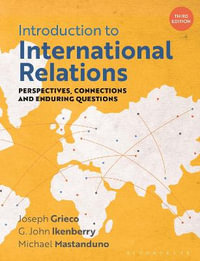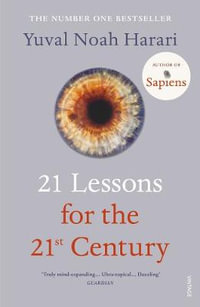
National Missile Defence and the politics of US identity
A poststructural critique
By: Natalie Bormann
Hardcover | 1 September 2008
At a Glance
Hardcover
$210.25
Aims to ship in 15 to 25 business days
When will this arrive by?
Enter delivery postcode to estimate
ISBN: 9780719074707
ISBN-10: 0719074703
Published: 1st September 2008
Format: Hardcover
Language: English
Number of Pages: 192
Audience: Professional and Scholarly
Publisher: Manchester University Press
Country of Publication: GB
Dimensions (cm): 23.4 x 15.6 x 1.91
Weight (kg): 0.44
Shipping
| Standard Shipping | Express Shipping | |
|---|---|---|
| Metro postcodes: | $9.99 | $14.95 |
| Regional postcodes: | $9.99 | $14.95 |
| Rural postcodes: | $9.99 | $14.95 |
How to return your order
At Booktopia, we offer hassle-free returns in accordance with our returns policy. If you wish to return an item, please get in touch with Booktopia Customer Care.
Additional postage charges may be applicable.
Defective items
If there is a problem with any of the items received for your order then the Booktopia Customer Care team is ready to assist you.
For more info please visit our Help Centre.
You Can Find This Book In
This product is categorised by
- Non-FictionHistoryRegional & National HistoryHistory of the Americas
- Non-FictionHistoryMilitary History
- Non-FictionPolitics & GovernmentPolitical Ideologies & MovementsNationalism
- Non-FictionPolitics & GovernmentPolitical Structure & Processes
- Non-FictionWarfare & DefenceMilitary & Defence Strategy
- Non-FictionPolitics & GovernmentPolitical Control & Freedoms
- Non-FictionPolitics & GovernmentInternational RelationsArms Negotiation & Control
- Non-FictionWarfare & DefenceWeapons & EquipmentNuclear Weapons























